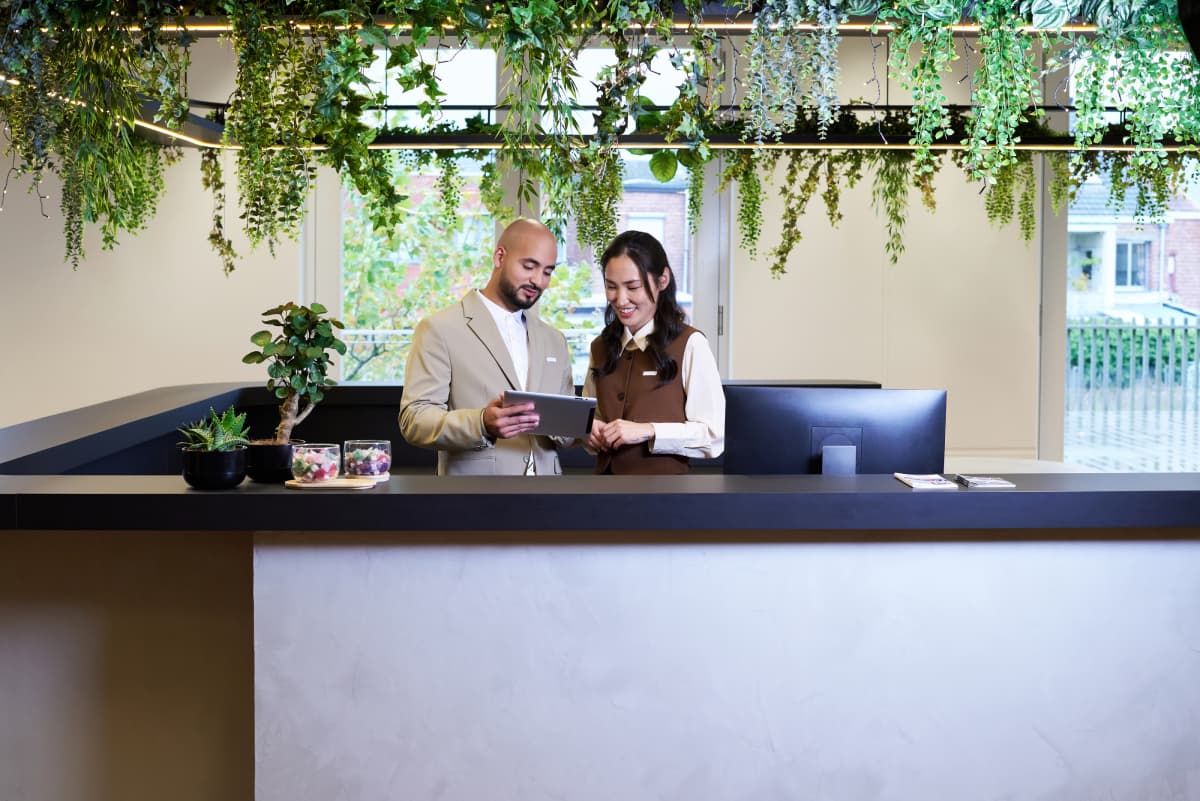
Mindfulness - What's it all about?

What is mindfulness?
The Mental Health Foundation defines mindfulness as "paying attention to the present moment, without getting stuck in the past or worrying about the future". It is a relaxed way of eliminating distractions and focusing on thoughts, feelings and actions as they happen. Some experts say that mindfulness is "the opposite of multitasking" - doing two or more things at once - because it involves doing just one thing at a time. And research suggests that it can have many health benefits.
How can mindfulness help?
Mindfulness can help just about anyone. Studies indicate that mindfulness can improve mood; reduce negative thinking; and ease stress, anxiety and depression. For employers, this translates to enhanced productivity, concentration and creativity. Practicing mindfulness has physical health benefits too. It can help to improve sleep patterns, lower blood pressure, reduce chronic pain and ease stomach problems, perhaps also resulting in less sickness absence.
Practicing mindfulness in everyday life
Mindfulness can be practiced any time and any place, at home or at work. Here are some tips:
- Limit multitasking.As much as you can, do one thing at a time and give it your full attention. Avoid switching back and forth between tasks.
- Spend some time each day alone in mindful meditation. Sit quietly in a place where people, tasks and noises won't distract you. Focus on your breathing, inhaling and exhaling evenly. Thoughts will inevitably arise, but simply observe your thoughts without judging them.
- Practice mindfulness when you're with others. Listen closely to people, whether they are new acquaintances, colleagues, or relatives, and try not to interrupt. Focus on what others are saying - not on what you want to say next.
- Unplug your devices. Turn off your television, mobile phone, tablet, or laptop so they won't distract you from your thoughts, feelings and actions. Or keep your gadgets in a room where you can't see or hear them.
- Use all five of your senses. Let yourself see, hear, touch, taste and smell your world. Try to stay in the present moment instead of dwelling on what has happened in the past or may happen in the future. Using all of your senses will make you more aware of your surroundings and may make you appreciate them more.
- Try progressive muscle relaxation. This technique may help if physical tension makes it hard for you to practice mindfulness. Sit or lie down in a quiet place. Then tense and relax different muscle groups one at a time.
- Be patient with yourself. Avoid judging or criticising yourself if practicing mindfulness is difficult for you at first. If you're like most people, it can be a challenge to stay in the moment if you're used to multitasking. Stick with the process, if only for a few minutes a day. With regular practice it will get easier.
- Learn more about mindfulness. Visit Be Mindful from the Mental Health Foundation to read case studies, find a local teacher or course and look at the evidence and research behind mindfulness.
Staying mentally healthy
Being mentally healthy is not just about being free of a diagnosed mental illness, it is also the way we think and feel about ourselves. This includes being able to fulfil our potential, function well, cope with and enjoy our work and personal lives and make healthy lifestyle choices. And while mindfulness is recommended as a treatment for some people with mental health problems, it can also help those who want to improve their mental health and wellbeing, and stay that way. So have we convinced you to give mindfulness a try?


